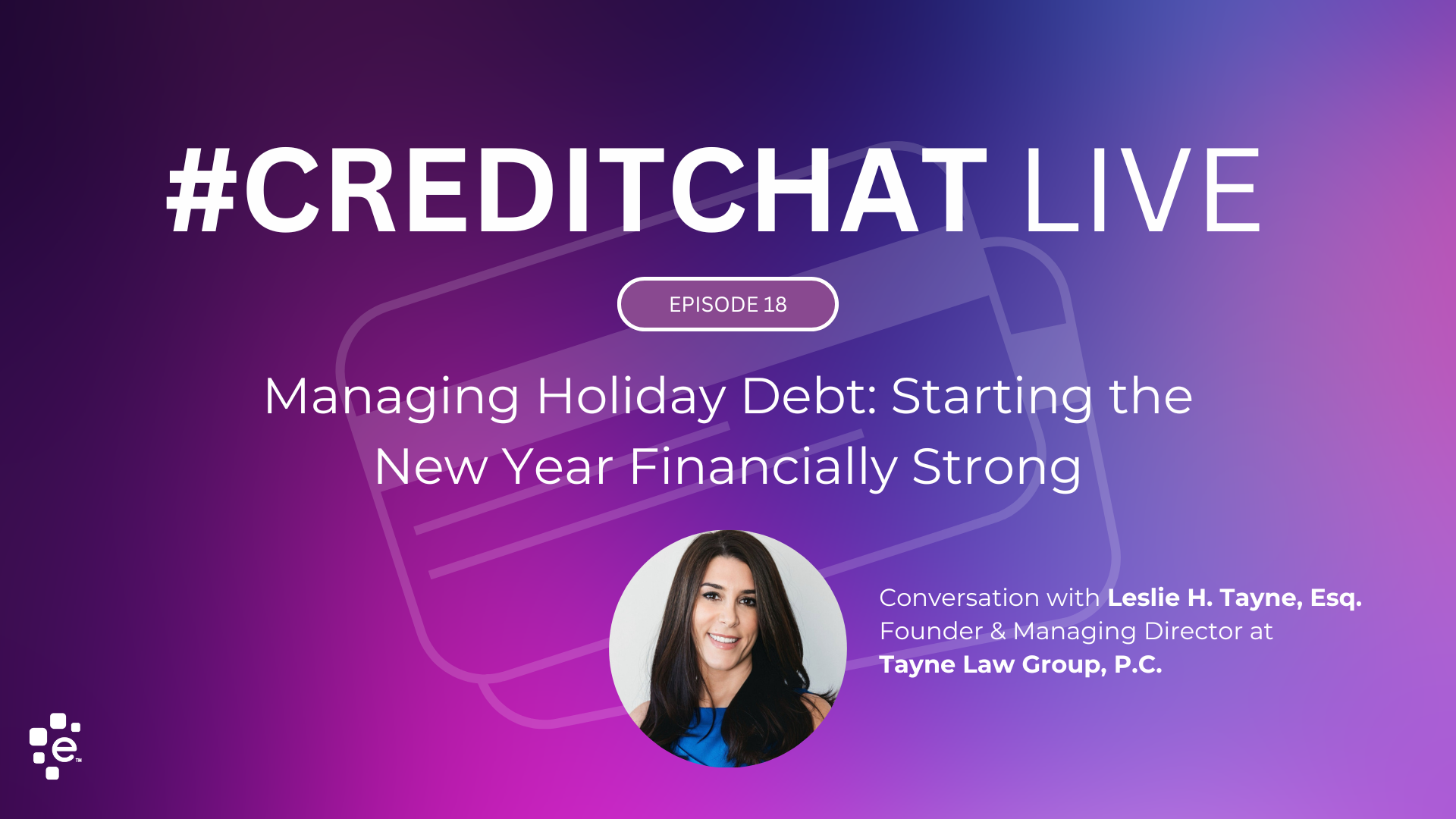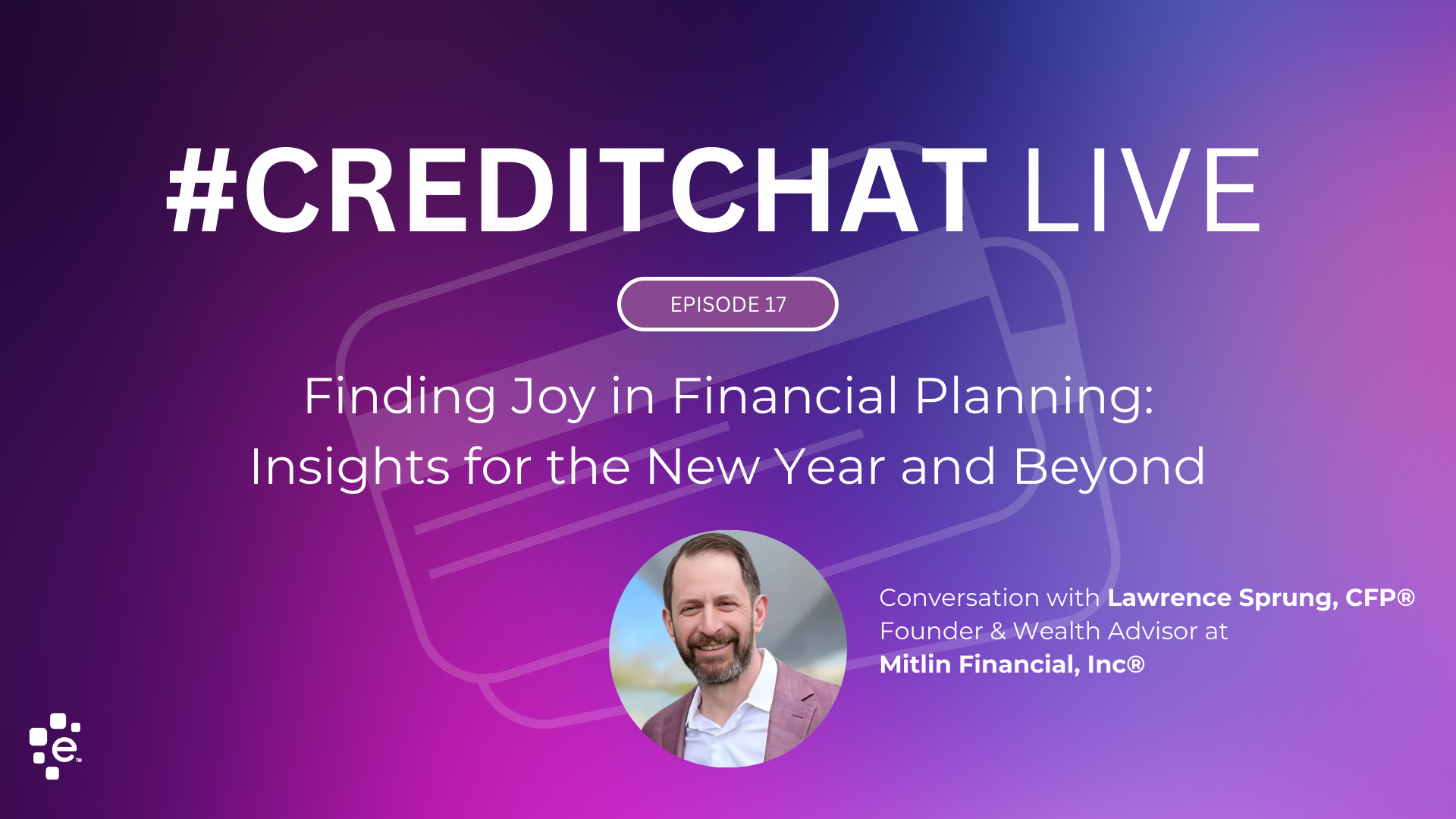
Many desktop publishing packages and web page editors now use Lorem Ipsum as their default model text, and a search for ‘lorem ipsum’ will uncover many web sites still in their infancy.
Managing Holiday Debt the Smart Way
Many desktop publishing packages and web page editors now use Lorem Ipsum as their default model text, and a search for ‘lorem ipsum’ will uncover many web sites still in their infancy.Many desktop publishing packages and web page editors now use Lorem Ipsum as their default model text, and a search for ‘lorem ipsum’ will uncover many web sites still in their infancy.Many desktop publishing packages and web page editors now use Lorem Ipsum as their default model text, and a search for ‘lorem ipsum’ will uncover many web sites still in their infancy.Many desktop publishing packages and web page editors now use Lorem Ipsum as their default model text, and a search for ‘lorem ipsum’ will uncover many web sites still in their infancy.
Many desktop publishing packages and web page editors now use Lorem Ipsum as their default model text, and a search for ‘lorem ipsum’ will uncover many web sites still in their infancy.Many desktop publishing packages and web page editors now use Lorem Ipsum as their default model text, and a search for ‘lorem ipsum’ will uncover many web sites still in their infancy.Many desktop publishing packages and web page editors now use Lorem Ipsum as their default model text, and a search for ‘lorem ipsum’ will uncover many web sites still in their infancy.Many desktop publishing packages and web page editors now use Lorem Ipsum as their default model text, and a search for ‘lorem ipsum’ will uncover many web sites still in their infancy.Many desktop publishing packages and web page editors now use Lorem Ipsum as their default model text, and a search for ‘lorem ipsum’ will uncover many web sites still in their infancy.
Many desktop publishing packages and web page editors now use Lorem Ipsum as their default model text
The Marketing Guy
The Marketing Guy speaks the truth
Many desktop publishing packages and web page editors now use Lorem Ipsum as their default model text, and a search for ‘lorem ipsum’ will uncover many web sites still in their infancy.Many desktop publishing packages and web page editors now use Lorem Ipsum as their default model text, and a search for ‘lorem ipsum’ will uncover many web sites still in their infancy.Many desktop publishing packages and web page editors now use Lorem Ipsum as their default model text, and a search for ‘lorem ipsum’ will uncover many web sites still in their infancy.

Guess That Credit Score
Many desktop publishing packages and web page editors now use Lorem Ipsum as their default model text, and a search for ‘lorem ipsum’ will uncover many web sites still in their infancy.Many desktop publishing packages and web page editors now use Lorem Ipsum as their default model text, and a search for ‘lorem ipsum’ will uncover many web sites still in their infancy.Many desktop publishing packages and web page editors now use Lorem Ipsum as their default model text, and a search for ‘lorem ipsum’ will uncover many web sites still in their infancy.
Check out the latest post

As Doug Conant, the former CEO of Campbell’s Soup once said, “To win in the marketplace you must first win in the workplace.” This is quite befitting as Experian celebrates being named a 2017 top workplace for the fifth consecutive year by the Orange County Register. While we work hard to run our business and service our clients, this recognition is a testament to our culture, which emphasizes collaboration, innovation and diversity amongst our employees. “We are proud to foster a global culture of continuous innovation,” said Craig Boundy, former chief executive officer, Experian North America. “Our goal is to create a culture where everyone has a real sense of belonging and trust and is comfortable showing up every day, being their authentic self.” Boundy continued, “We’re thrilled with our continued presence on the Orange County Register list as it validates the great work we do every day for consumers, clients and our communities.” Culture of Collaboration At Experian, we get the opportunity to work with a great group of people that truly want to make a difference in the lives of consumers and our customers, Experian employees do this by working to help people do important things to improve their lives and realize their ambitions; such as buying a car or home, funding an education, growing a business or protecting their identity. This commitment to put consumers first comes from our diverse culture and the collective strength of our highly motivated team members who are constantly collaborating to help Experian create a better tomorrow for millions of people every day. At the Forefront of Innovation As part of our work, we have embraced a culture of discovery that has enabled us to grow and evolve while remaining at the forefront of innovation. We continue to have a positive impact on consumers, businesses and the economy with our products, technology and innovations. From finding breakthroughs around better utilizing data, to identifying ways we can make access to credit faster and simpler for millions around the world. This past year has been a year of significant milestones, including our partnership with Finicity, the introduction of our Text for Credit product, and our drive to create a more open and adaptive technology environment by implementing API capabilities across the Experian network. Giving Back to the Community We are equally committed to giving back to our communities by creating better tomorrows. From volunteering with the Jessie Rees Foundation – which helps children deal with cancer – and the Blind Children’s Learning Center. This year Experian also provided a $750,000 gift to create the Experian Assistant Professorship in Machine Learning at Chapman University. This investment is being used to expand machine learning opportunities at the university’s Machine Learning and Assistive Technology Lab (MLAT), where Chapman researchers use big data and technology to address challenges of social significance like autism. The gift is the latest of a long series of collaborations between Chapman and Experian. Several years ago, Experian and Chapman began a partnership that involved placing graduate students to become data scientists in internships within Experian to provide them real-world, hands on training. Since then, the partnership has blossomed to include embedding a Chapman faculty member within Experian to better ground the academic community on how data scientists work within the private sector to better shape their curriculum. We’ve also supported scholarships and programs at Chapman to ensure that the field of data science remains inclusive, diverse, and talented. We’ve also helped with the Hurricane Harvey relief efforts. From the moment the storm hit, our team was already rolling up their sleeves. Our corporate responsibility team set up a donation link right away for employees to make contributions to the South/Central Texas American Red Cross, providing critical aid to families. We were met with an overwhelming amount of generosity from our employees, and raised more than $90,000. Also, we partnered with 14 banks with branches in Texas who provided free credit and identity checks for hurricane victims, along with free memberships to our identity theft protection product. Recognition and Awards We continued to be recognized for our innovation and diversity by leading publications and industry organizations. Experian was named to Forbes Magazine’s Top 100 list of the “World’s Most Innovative Companies” for the fourth consecutive year. The Advancing Women in Technology (AWT) organization recently honored several Experian women at its 16th Annual Scholarship event. We are also one of 28 companies named to the Grace Hopper Leadership Index of companies whose representation and development of women technologists is above the mean. We are very proud to be among this select group of companies recognized by the Register for our positive workplace culture that attracts and retains top talent in Orange County, as well as our other locations across North America. Our employees are committed to helping to create better tomorrows in our communities through social responsibility activities, technology and innovation, and through our everyday work and business purpose.

In the United States, many individuals struggle with managing their money. In fact, a recent study by Mintel found that only 19 percent of respondents would rate themselves highly on their financial knowledge. As the Director of Public Education at Experian, this finding, while concerning, is not surprising. Since joining Experian twenty years ago, my team and I have spoken with thousands of consumers across the country about personal finance. From bank presidents to blue-collar workers, the individuals I speak to all want the answer to one question – “how can I plan for my financial future, taking into consideration life’s ups and downs?” The Mintel survey found that 21 percent of Americans today are not at all confident about reaching their financial goals, but my team and I are working every day to change this. We are committed to working with various communities within the U.S. to help them better understand their finances. We provide training for young men and women in the Air Force about how to succeed financially while on active duty and when returning to civilian life as part of a program with the Hero’s at Home organization. In partnership with the Society for Financial Education and Professional Development, we also educate young adults at historically black colleges and universities, answering questions about building credit and managing money. Through the LifeSmarts Competition, we challenge high school students to compete on knowledge of personal finance. And through some of our other programs, we work with low-income women and immigrant populations to promote financial inclusion by helping them establish credit or understand loans. Through these experiences, we’ve met countless inspiring individuals from various backgrounds with compelling success stories. For example, a member of the Air Force once told us that, following one of our sessions, she was able to improve her credit and buy her first home. Stories like this are why I am so proud to be part of the only dedicated financial education team in the industry. I am excited to continue empowering people from all walks of life to reach their financial goals. Learn more about the Mintel research here.

I’m the head of Serasa Experian’s DataLab, where my colleagues and I focus on using data and artificial intelligence to solve complex challenges for our customers. Our team of data scientists and applied research practitioners use data analytics to create new products and services that address world needs. One successful product is RWA, a platform that analyzes the dynamics of cities to help businesses make informed decisions on their next site location. Occasionally, however, we also discover innovative ways data can solve our own obstacles at Experian. Last year, several departments within Experian were facing similar challenges. We realized the problem could be solved if each group got together to share their perspectives, brainstorm and then collaborate on a common solution. At the end of that project, our teams decided to find more ways to encourage cross-team collaboration within the DataLab network more often. That’s when we decided to launch our first hackathon. Hackathons are events where a large number of people are challenged to participate in collaborative computer programming projects. Various challenges are proposed and the goal is to optimize, reinvent or replace current solutions, providing the participants with the freedom to select their project and team. For our inaugural hackathon, we challenged 80 programmers, designers and project managers to work together for more than 24 hours to create efficient authentication and retention processes to benefit customers. In our second hackathon, we asked participants to create a new Serasa Experian app that would improve relationships with consumers, along with new products that would utilize Experian’s database. The winning app solution ended up using positive registration data to improve personal credit scores for consumers. This app is now in the process of implementation. For our most recent hackathon, held in 2017, we challenged 200 employees and external participants to develop solutions. One of the challenges was to develop solutions to improve the lives of visually disabled individuals. We invited three people with visual disabilities to share their experiences, giving the teams a personal perspective for how a new product could improve their daily lives. For more than 40 hours, the teams worked tirelessly – utilizing data analysis, product design and business planning – to develop their innovative ideas. Although we have only hosted three so far, I hope to continue bringing the culture of the hackathons into our day-to-day activities at Serasa Experian. By collaborating more with coworkers in the past couple of years, I have been inspired by their ability to approach problems in unique ways. I am proud to foster such a collaborative environment and excited to see my coworkers prove a fundamental belief at Experian – hard work can also be fun when you work hard and play hard.
Many desktop publishing packages and web page editors now use Lorem Ipsum as their default model text, and a search for ‘lorem ipsum’ will uncover many web sites still in their infancy.
This is a pull quote
This is test
This is a heading
Many desktop publishing packages and web page editors now use Lorem Ipsum as their default model text, and a search for ‘lorem ipsum’ will uncover many web sites still in their infancy.
- Test 1
- Test 2
- Test 3

It was popularised in the 1960s with the release of Letraset sheets containing Lorem Ipsum passages, and more recently with desktop publishing software like Aldus PageMaker including versions of Lorem Ipsum.
My Company Experian

